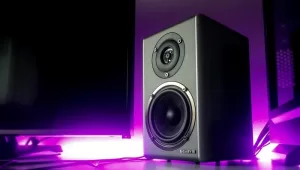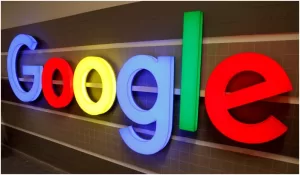Unleash Your Creativity with Google’s New AI ‘Bard’!

GBM Brief-
- Google is granting access to its ChatGPT rival, known as “Bard”, which could shake up the AI industry.
- ‘Bard’ is being initially trialed in the US and UK, with plans to extend access to additional countries and languages gradually.
- ‘Bard’ is a direct interface to Large Language Model (LLM) and is viewed as a complementary experience to Google Search.
- Google plans to enhance ‘Bard’ with new features such as coding, additional languages, and multimodal experiences in the future.
It appears that the competition in the language model space is intensifying with Google’s recent announcement that it will be granting access to its ChatGPT rival, known as “Bard.” This move by Google could potentially shake up the industry and give rise to new and exciting developments in the field of artificial intelligence.
Google is conducting an initial trial to allow users to engage with generative AI through ‘Bard’. Early access to ‘Bard’ has been made available in the US and UK, and Google plans to gradually extend this access to additional countries and languages.
According to a recent blog post by Google, ‘Bard’ can enhance productivity, expedite idea generation, and stimulate curiosity. You can request ‘Bard’ to provide tips on achieving your goal of reading more books, simplify the concepts of quantum physics, or trigger your imagination by outlining a blog post.
The broader introduction of the rival to ChatGPT occurs at a time when there `is increased excitement in Silicon Valley surrounding generative AI. This technology generates text, images, videos, and music in response to prompts provided by users.
Similar to OpenAI’s ChatGPT and Microsoft’s Bing chatbot, ‘Bard’ relies on a Large Language Model (LLM), which is a streamlined and optimized variation of LaMDA. Google has announced that as ‘Bard’ gains more users, it will be enhanced with more advanced models.
Google has described LLM as a predictive engine that operates by selecting words, one at a time, based on the likelihood that they will follow the previous word in a given prompt. Therefore, when a prompt is given, this technology uses this approach to generate a response.
According to a recent Google blog post, ‘Bard’ is a direct interface to LLM, and it is viewed as a complementary experience to Google Search. Google has made it effortless for users to verify ‘Bard’s’ responses or search the web for additional information by clicking “Google it.” Search results are displayed in a new tab so that users can explore relevant results further. Furthermore, Google has stated that they plan to integrate LLMs into Search more deeply in the future, with more details forthcoming.
With ‘Bard’, users can easily engage by posing questions and refining their responses using follow-up queries.
Google has announced its plans to enhance the ‘Bard’ experience by introducing new features such as coding, additional languages, and multimodal experiences in the future.














